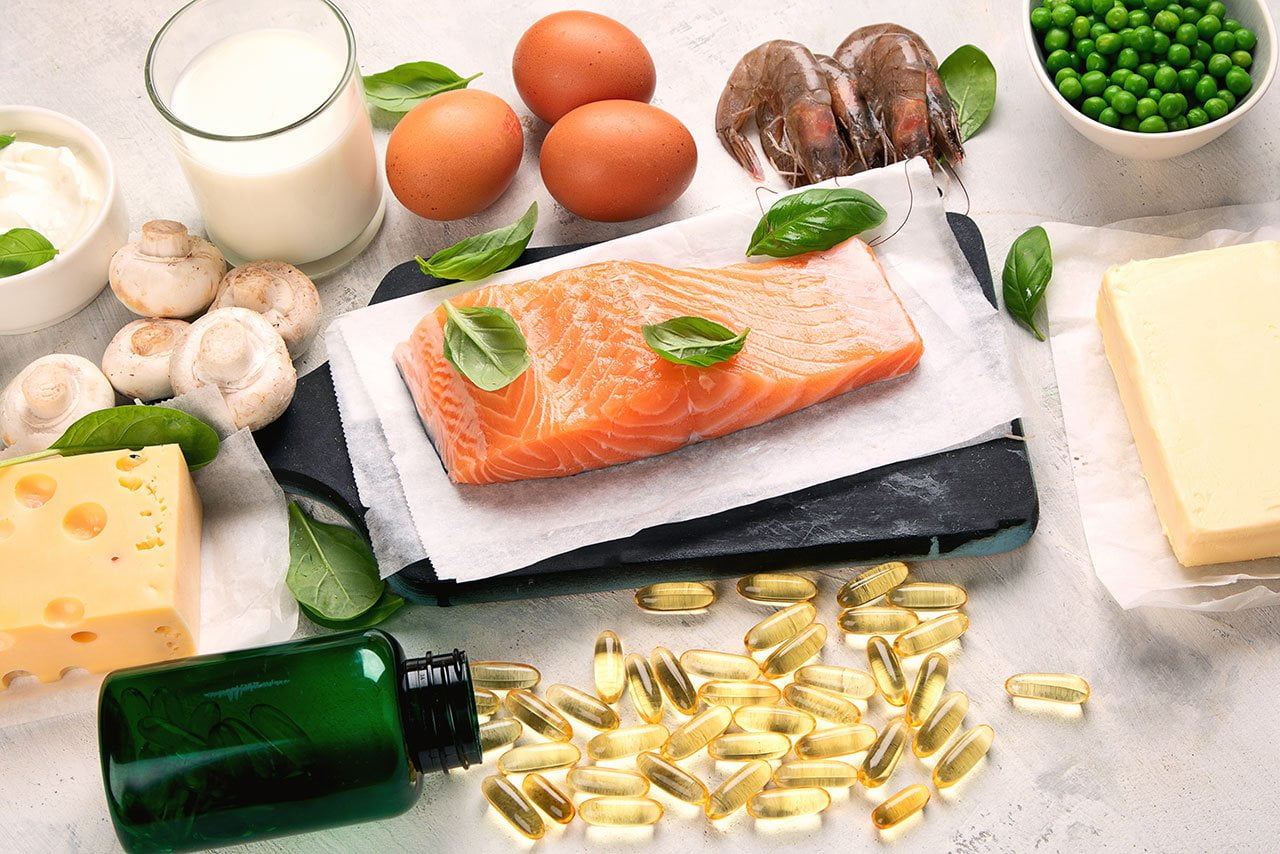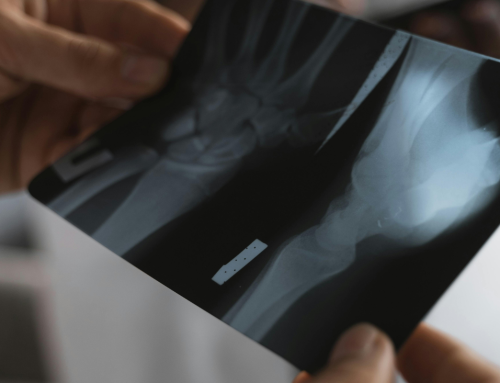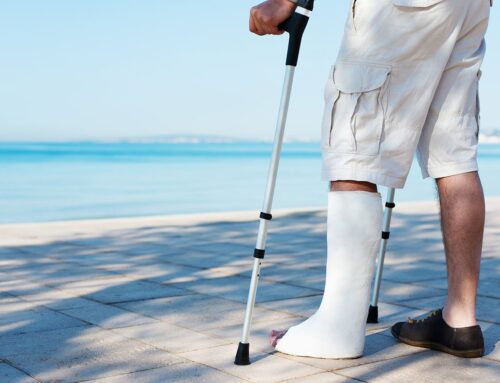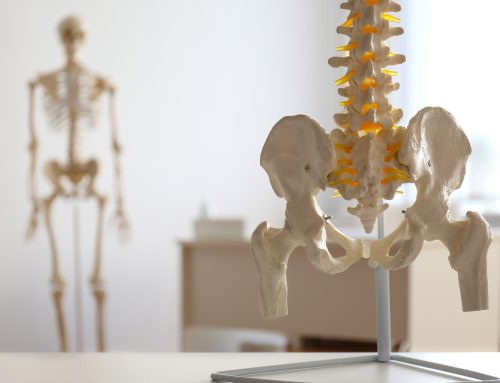Supplements are a popular resource in the health industry to help you get more nutrients your body needs without worrying about your meal plan. However, it’s not always the best option for every nutrient in order to maintain good bone health.

The Best Supplements For Good Bone Health
As you age, your bones are more susceptible to developing osteoporosis – a disease that affects 1 out of 3 women and 1 out of 5 men over 50. You increase your risk of developing this life-threatening disease if you cannot support your bone reproduction with a proper diet that allows you to absorb the right vitamins, minerals, and proteins.
To help maintain your bone strength, it’s crucial that you speak with your doctor about using supplements if you aren’t able to consume enough of these essential nutrients. Read on to learn more about the best supplements for good bone health.
Calcium
You’ve likely already heard that calcium is the critical ingredient for healthy bones. You can get your daily dose through your diet, especially dairy sources. However, this can be a lot harder to achieve if you’re vegan. Thankfully, there are some non-dairy options, such as kale, broccoli, and salmon.
If you’re not able to achieve between 1,000-1,500 mg per day, you should speak with your doctor about a calcium supplement if you’re at risk for osteoporosis. It’s also worth mentioning that you can’t overdose on calcium in one sitting to achieve your total recommended amount all at once. You have to break it up to 500 mg at a time since that’s all the body can absorb.
Calcium supplements shouldn’t be your go-to answer for getting your daily dose. Studies have linked kidney stones, digestive problems, and other risks by taking them. However, calcium doesn’t carry the same risk when introduced through your diet instead.
Vitamin D
Vitamin D plays a crucial role in absorbing the most important nutrient – calcium. It also promotes the breakdown and rebuilding of your bones, which can help you maintain bone density as you age.
But vitamin D can be hard to get, especially in the cold Calgary winters and with minimal sun exposure throughout those winter months. You should aim for 600-800 IU (international units). This can translate to 10-30 minutes in the sun a few days a week and can also be found in fortified juices, salmon, and a few other foods.
However, it’s still reported that 50% of the population is deficient in vitamin D. It may be worthwhile exploring if you should take supplements to boost your body’s ability to absorb calcium.
Vitamin K
Vitamin K is another bone-boosting nutrient that gives similar benefits to vitamin D. It helps remodel your bones, and studies have shown that a deficiency in vitamin K can increase your risk of bone loss.
It’s recommended that women get 90 mcg per day and men aim for 120 mcg. There isn’t enough research that confirms vitamin K supplements would help maintain good bone health, so it’s recommended that you speak with your doctor to ensure it’s right for you or get some other options.
Magnesium
About 60% of your body’s magnesium is stored in your bone tissue. It isn’t just good for your bones but also helps your body perform over 300 other functions. Studies have shown that those who have higher levels of magnesium in their diet have more bone mass than those with lower amounts.
However, too much magnesium can also be a bad thing for bone health. It’s vital that you speak to your healthcare provider before taking any supplements so they can confirm the proper dosage and give recommendations.
Soy Isoflavones
When women hit menopause, they are more likely to experience a more significant decline in bone density due to dropping levels of estrogen. This is because the bone rebuild process can’t keep up with the breakdown.
Promising research has suggested that soy isoflavones paired with the proper dosage of calcium can reduce the rate of bone turnover. One study, in particular, found that by taking soy isoflavone supplements, their bone mineral density increased by 54% and reduced bone breakdown (known as resorption) by 23%.
The correct dosage is still being studied, so it’s best that you speak with your doctor before introducing these supplements into your bone health routine.
Who Should Take Supplements For Good Bone Health?
As we’ve mentioned, your body should naturally absorb the nutrients it needs from the food it consumes. However, this isn’t always easy, especially if you fall into one of these categories:
- You’re vegetarian or vegan.
- You don’t have a good appetite.
- You have a condition that causes poor nutrient absorption.
- You’re pregnant or breastfeeding.
- You’re under a restrictive diet.
Some supplements also clash with certain medications, so it’s important to always review your health with a professional who can make suitable recommendations.
Your bone health relies on you to make the right choices with your diet and lifestyle that support it. However, sometimes fractures can happen beyond your control – osteoporosis or not. When this occurs, it’s crucial that your fracture heals properly to avoid further complications. You can invest in self-treatment technology that heals your fracture 38% faster in just 20 minutes a day. Contact us to find out more about this empowering device.
Do you take any supplements for your bone health? What are the benefits you’ve noticed if any? Share your experience with our readers who want better bone health.





